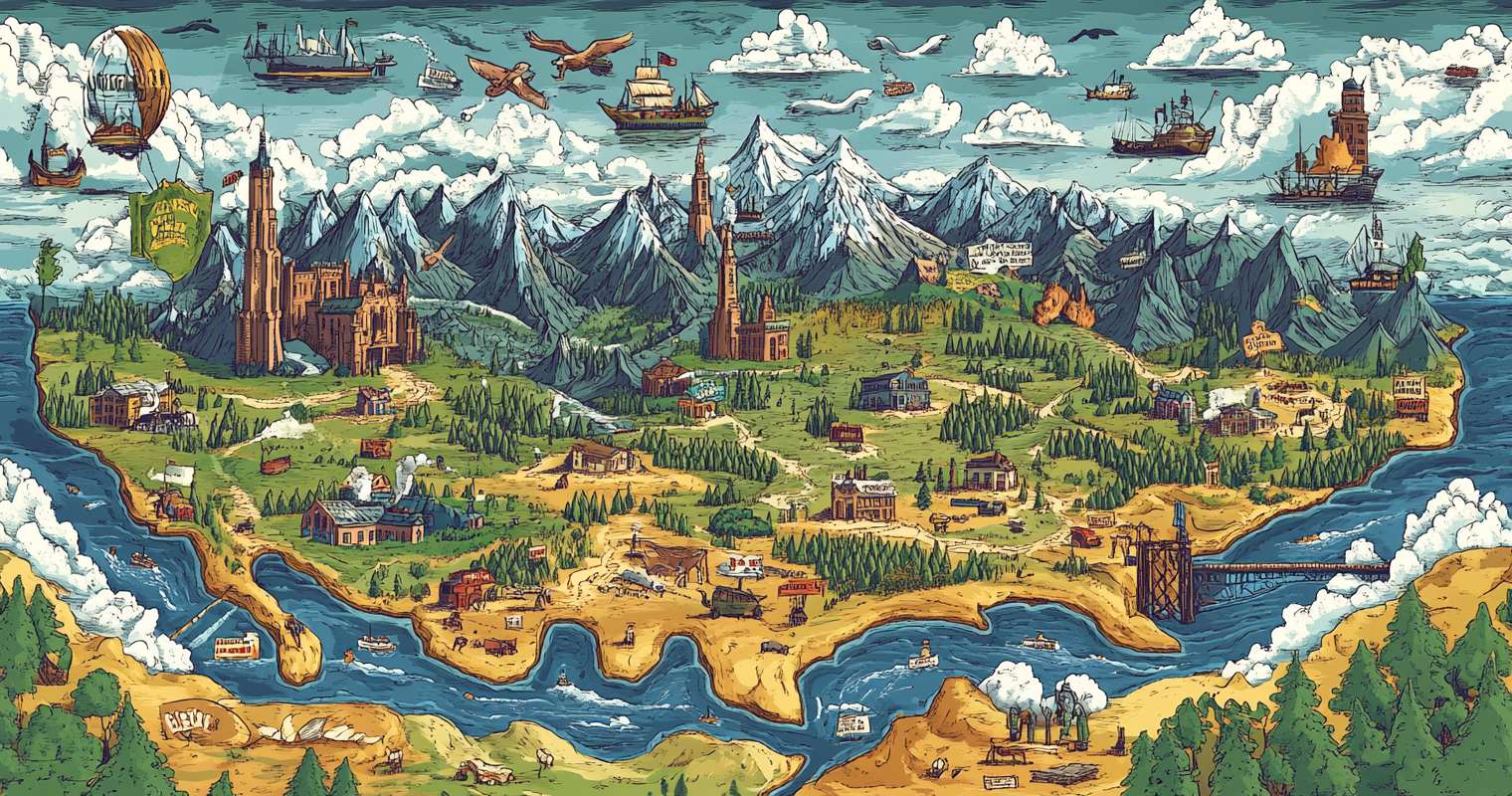
Dictionary of American Regional English Quiz, Test Your Language Skills. The Dictionary of American Regional English (DARE) Quiz challenges your understanding of regional vocabulary variations across the United States. American English is rich with words, phrases, and pronunciations that differ based on geography. Mastering these regionalisms enhances your language awareness and communication skills.
Can you confidently distinguish between sub, hoagie, and grinder? Do you know when to say soda, pop, or Coke? This quiz offers an engaging way to test your regional vocabulary knowledge while refining your understanding of American English.Take the Dictionary of American Regional English Quiz now and discover how well you understand regional language variations. Challenge yourself, expand your knowledge, and become a more culturally aware English user today!
What Is the Dictionary of American Regional English (DARE)?
The Dictionary of American Regional English (DARE) is a comprehensive reference that documents regional words, phrases, and pronunciations unique to specific parts of the United States. It captures linguistic diversity across states, cities, and rural areas.
Examples of Regional Words and Expressions:
- Pop vs. Soda vs. Coke:
- Pop: Common in the Midwest and Pacific Northwest.
- Soda: Used primarily in the Northeast and West Coast.
- Coke: Popular in the South, often used generically for any soft drink.
- Waterbug vs. Cockroach:
- Waterbug: Preferred term in the Southern U.S.
- Cockroach: Common in the Northeast and West.
- Bag vs. Sack:
- Bag: Standard term in the Northeast and West.
- Sack: Frequently used in the Midwest and South.
- Lightning Bug vs. Firefly:
- Lightning Bug: Popular in the South and Midwest.
- Firefly: More common in the Northeast and West.
- Y’all vs. You Guys vs. Yinz:
- Y’all: Southern U.S.
- You Guys: Northeast, Midwest, and West Coast.
- Yinz: Western Pennsylvania, especially around Pittsburgh.
How to Identify Regional Vocabulary:
- Listen for Word Choices: Different regions often use unique terms for the same object.
- Notice Pronunciations: Vowel shifts and consonant variations can indicate regional speech patterns.
- Look at Phrasing: Certain idiomatic expressions are region-specific.
Key Differences Across Regions:
- Northeast: Grinder (for a sub sandwich), Sneakers (for athletic shoes).
- South: Buggy (for shopping cart), Crawfish (instead of crayfish).
- Midwest: Hotdish (for casserole), Pop (for soft drink).
- West Coast: Flip-flops (for sandals), Soda (for soft drink).
- Appalachia: Holler (for a valley), Dope (for soda in older slang).
Common Mistakes to Avoid:
- Assuming Universal Usage:
Incorrect: Everyone says “soda.”
Correct: Some regions prefer “pop” or “Coke.” - Misunderstanding Context:
Incorrect: In the South, “buggy” only means a baby stroller.
Correct: “Buggy” also refers to a shopping cart. - Overlooking Pronunciation Shifts:
Example: In the Midwest, “pin” and “pen” often sound the same.
Why This Quiz Matters for Language Learning:
Understanding regional English improves cross-cultural communication, enhances listening skills, and helps avoid misunderstandings. Whether you’re traveling, working with diverse teams, or studying linguistics, recognizing regional variations enriches your language proficiency.
Example:
- Incorrect: Everyone calls it “firefly.”
- Correct: In the South, people often say “lightning bug.”
How This Quiz Improves Your Language Skills:
The Dictionary of American Regional English Quiz tests your ability to identify regional vocabulary, phrases, and pronunciations. Each question presents a word or expression, asking you to choose the region where it’s commonly used. Detailed explanations follow each answer, reinforcing regional language patterns and clarifying common misunderstandings.
By practicing regularly, you’ll build cultural awareness, communicate more effectively, and appreciate the richness of American English.
